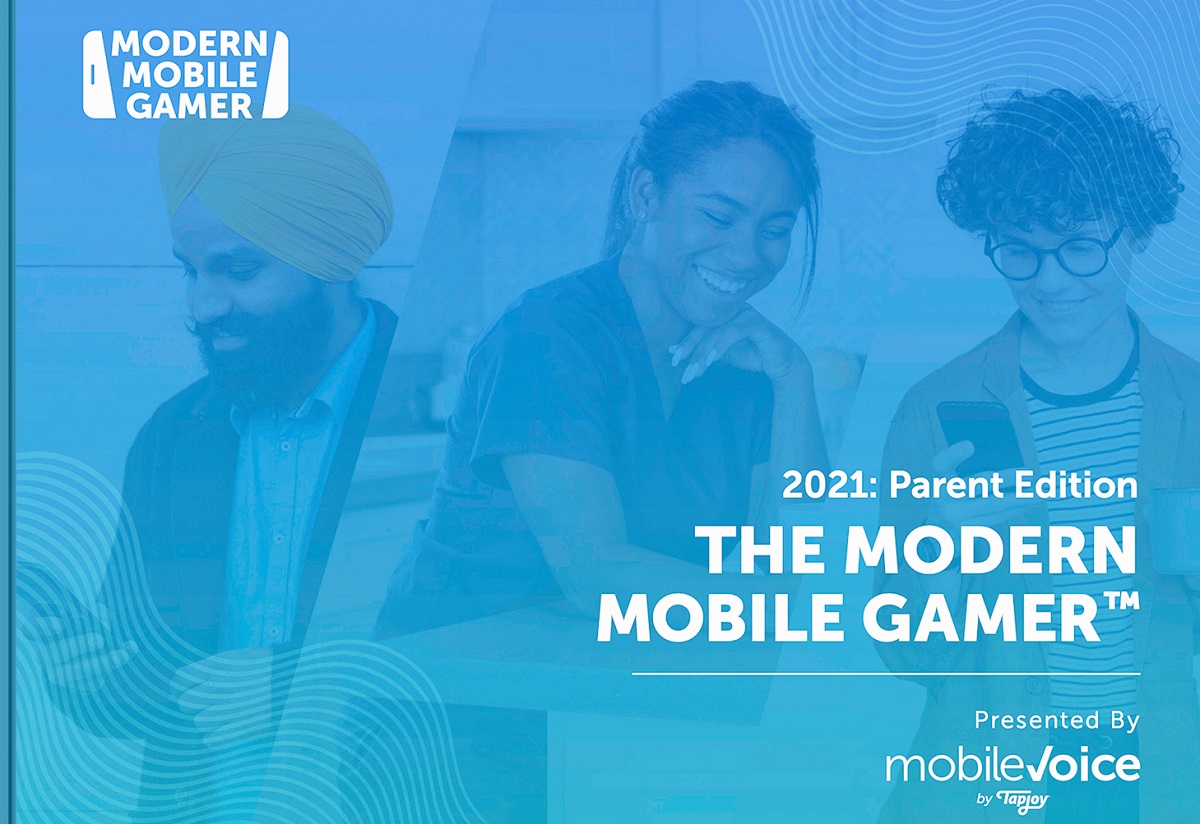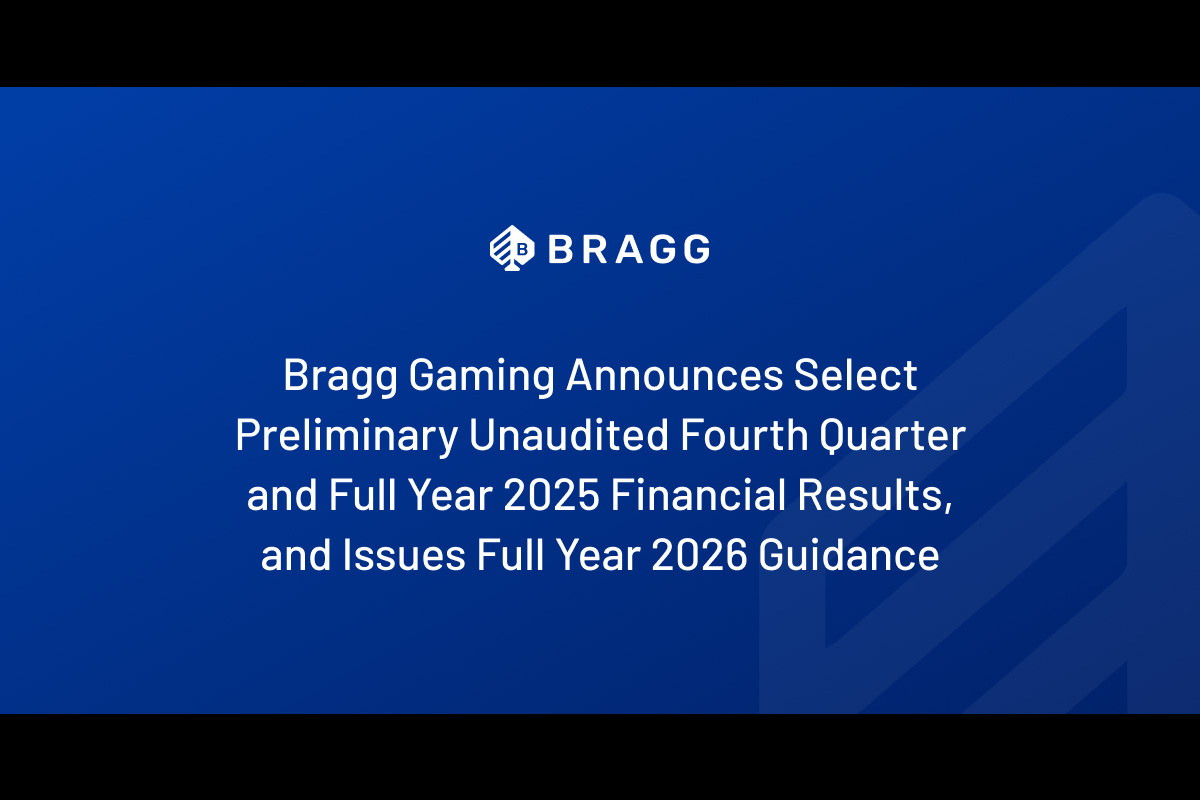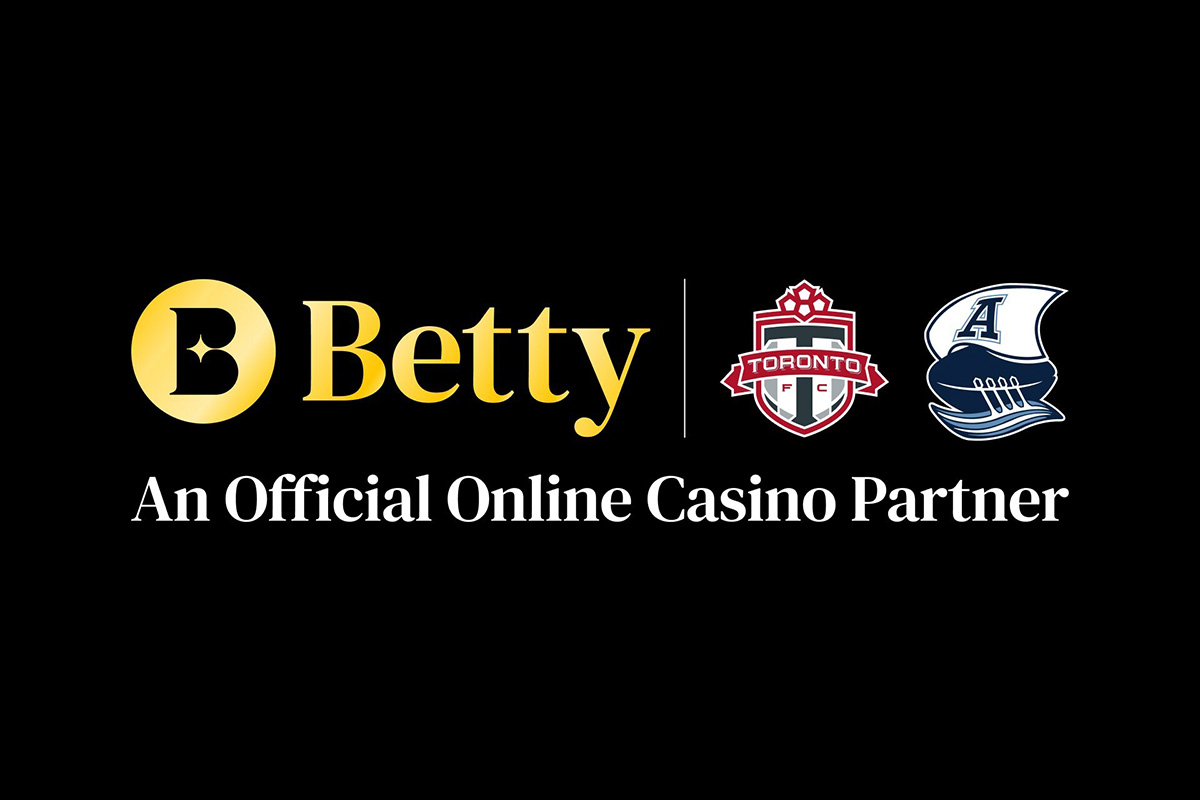Canada
Tapjoy Releases Report on Parents’ Mobile Preferences

New market research from MobileVoice by Tapjoy, a leading mobile advertising and app monetization company, shows that modern parents are far more tuned in and tech-savvy than their own parents were. Because of their familiarity with the mobile ecosystem, they readily turn to their smartphones — particularly brand apps, social media, and rewarded ads — when it’s time to make a purchase. This represents a major opportunity for advertisers who want to connect with the valuable parent demographic, according to Tapjoy’s report, Modern Mobile Gamer 2021: Parents Edition.
For the latest installment in Tapjoy’s Modern Mobile Gamer series, following the Gen Z Edition earlier this year, Tapjoy surveyed 5498 of self-identified parent consumers in the US. Here are just a few of the insights that emerged:
Parents love games, and mobile is their platform of choice. An incredible 90% of parents surveyed said they use mobile as a gaming platform, and 79% say games are one of their favorite mobile activities.
They shop on mobile because it is convenient and saves time. Three quarters shop on mobile 1-4 times a week, and 73% cite convenience as a major factor.
Household spending is expected to increase as the COVID-19 pandemic wanes. Nearly half of parents shopped on mobile more during the pandemic and plan to continue doing so. 56% said they planned to spend more on the winter holidays in 2021, while 47% are planning to spend more on back-to-school shopping.
The pandemic continues to have a lasting effect on mobile habits: 47% did more mobile shopping in 2020 and said they plan to continue doing so, while 83% played more mobile games and said they plan to continue.
When it comes to marketing, 51% of parents like to see humorous brand content. 25% of parents also prefer brand content to be educational, compared to 18% of non-parents.
Modern parents are very receptive to rewarded ads: 46% said it’s the type of ad format they most prefer to engage with, compared to 12% who prefer Instagram and 10% who prefer Facebook.
Additionally, Tapjoy’s latest report contains research and analysis about the modern family dynamic. Only 55% of those surveyed are married, and today’s parents eschew stereotypical gender roles in favor of a more balanced approach to employment, childcare, and housework.
“Today’s parents are so much more aware of modern technology and trends than their own parents were. They grew up with the internet, so they’re well aware of what their kids are doing. They see smartphones as an essential tool that makes everything easier, from shopping to banking to monitoring the kids’ online activity. They have limited free time, so convenience is really important to them — we saw that meal kits and to-go food were especially popular mobile purchases in 2020. They like to unwind with mobile games at the end of the day, and they’re very receptive to rewarded ads thanks to the ease, convenience, and value they add to every transaction,” Lauren Baca, Senior Director of Marketing at Tapjoy, said.
The data in Modern Mobile Gamer: Parents Edition was gathered from surveys run on the Tapjoy network in February and June 2021. Responses were filtered to include all respondents who identified as United States residents and parents. This report is the second in a series of four Modern Mobile Gamer 2021 e-books featuring key insights on Zoomers, Parents, Millennials, and Generation X.
Powered by WPeMatico
Canada
CasinoCanada enters partnership with Beef Casino

CasinoCanada has partnered with Beef Casino, an online gaming platform operated by Royal Partners. The partnership will enhance Beef Casino’s brand visibility in Canada through editorial coverage and targeted digital promotion.
CasinoCanada will produce in-depth reviews, analytical comparisons, and SEO-focused content for Canadian audiences and also generate SEO-based traffic to Beef Casino. This content will offer players accurate, transparent insights into Beef Casino’s offerings and support its regional growth.
CasinoCanada is an online casino information portal run by SEOBROTHERS.
Eugene Ravdin, Head of PR at SEOBROTHERS, commented: “Our cooperation with Beef Casino reflects our strategy of working with established operators that prioritize compliance, security, and user experience. Backed by Royal Partners’ extensive portfolio and operational expertise, Beef Casino brings strong value to the Canadian market. Through CasinoCanada.com, we aim to deliver clear, research-based content and sustainable traffic growth, building a partnership grounded in consistency and measurable results.”
Beef Casino operates under a licence from the Curaçao Gaming Authority. Managed by Royal Partners, one of the leading direct advertisers in the gambling sector, the brand benefits from a network of 17 proprietary products and over 1 million active users worldwide, according to the Royal Partners website.
The platform features thousands of premium gaming titles, including popular slots and a comprehensive Live Casino experience. Beef Casino uses advanced encryption technologies and operates under a trusted international licence to protect personal and financial data. 24/7 support is available via Live Chat, email, and hotline.
Lena Patrubeika, Head of EU-department at Royal Partners, stated: “The collaboration between Beef Casino, managed by Royal Partners, and CasinoCanada.com is built on a professional and disciplined approach. We find their team to be responsive to our brand’s requirements and consistent in their communication. The primary benefit of this partnership is the transparency they maintain throughout the workflow. Looking ahead, we aim to maintain this steady cooperation and continue fulfilling our mutual objectives.”
The agreement highlights both parties’ commitment to transparency, operational efficiency, and long-term growth in the competitive Canadian iGaming market.
The post CasinoCanada enters partnership with Beef Casino appeared first on Americas iGaming & Sports Betting News.
Adjusted EBITDA
Bragg Gaming Announces Select Preliminary Unaudited Fourth Quarter and Full Year 2025 Financial Results, and Issues Full Year 2026 Guidance

Bragg Gaming Group has announced that its preliminary unaudited financial results for the year ended December 31, 2025 are expected to come within its previously issued guidance ranges for both revenue and Adjusted EBITDA.
The Company anticipates the fourth quarter and full year 2025 financial results to include the following highlights:
Fourth quarter 2025 revenues to be approximately EUR 27.7 million, an increase of 1.8% from EUR 27.2 million in the fourth quarter of 2024, and Adjusted EBITDA to be approximately EUR 6 million (representing an Adjusted EBITDA Margin2 of approximately 16.6%), compared to EUR 4.7 million (representing an Adjusted EBITDA Margin of approximately 17.2%) in the fourth quarter of 2024. High-margin proprietary content revenue grew by 70% in Q4-2025 over Q4-2024, primarily driven by growth in the US.
Full year 2025 revenues to be approximately EUR 106.1 million, an increase of 4.0% from EUR 102.0 million in 2024, and Adjusted EBITDA to be approximately EUR 16.6 million (representing an Adjusted EBITDA Margin of approximately 15.6%), compared to EUR 15.8 million (representing an Adjusted EBITDA Margin of approximately 15.5%) in 2024. The Company notes that, excluding the Netherlands given its challenging regulatory environment, expected 2025 revenues would represent an 18% increase from 2024, driven by the Company’s performance in Brazil and the US.
These figures are preliminary and unaudited, and actual revenues, Adjusted EBITDA, and Adjusted EBITDA margin may differ.
Bragg is providing this information at this time because of planned investment community meetings to be held ahead of the release of its fourth and full year 2025 financial results and conference call in March 2026.
Anticipated Financial Highlights for 2026
Revenue Guidance: Revenue for the year ended December 31, 2026 is expected to be in the range of EUR 97.0 million to EUR 104.5 million, despite Bragg anticipating that it will have to continue navigating increasingly complex regulatory compliance requirements and recent tax changes in the Netherlands and other regions in which the Company operates.
Adjusted EBITDA Guidance: Adjusted EBITDA for the year ended December 31, 2026 is forecasted to be in the range of EUR 16.0 million to EUR 19.0 million (representing an Adjusted EBITDA Margin of approximately 16.0% to 18.0%), supported by factors which include a continuing shift toward higher-margin product offerings and the structural cost savings expected from Bragg’s recently announced initiative to utilize artificial intelligence (AI) to drive cost efficiencies and improve operational excellence.
Matevž Mazij, Chief Executive Officer for Bragg, said: “Based on the preliminary results, we delivered another record year in 2025, as demonstrated by increased revenue and higher Adjusted EBITDA. Now in 2026, we remain confident in our ability to successfully navigate evolving international regulatory and taxation developments, continue to increase our overall content market share in Brazil and the United States, aggressively pursue emerging alternative markets, such as Historical and Live Racing and Prediction Markets, and move into new jurisdictions that offer opportunities for higher margin content business. At the same time, we plan on thoughtfully harnessing the power of the Bragg AI Brain to reduce our overall cost structure, drive EBITDA growth, and move toward sustained net profitability. We look forward to updating investors as we progress.”
The post Bragg Gaming Announces Select Preliminary Unaudited Fourth Quarter and Full Year 2025 Financial Results, and Issues Full Year 2026 Guidance appeared first on Americas iGaming & Sports Betting News.
Betty Casino
Betty Casino Announces Partnerships with Toronto FC and Toronto Argonauts

Betty Casino has announced new sports partnerships with Toronto FC and the Toronto Argonauts, creating more opportunities for game-day fun in Ontario. These collaborations will bring new in-game interactive fan experiences, concourse activations and chances to win prizes.
As an official online casino partner, Betty will activate across key touchpoints throughout the season, including in-venue presence and fan-focused moments online. The Toronto FC partnership launched on February 21 with the start of the MLS season, while the Toronto Argonauts partnership begins May 23 with a pre-season game in Hamilton.
Betty’s partnerships bring Toronto together through moments of exhilaration. From matchday excitement at BMO Field to online celebrations, the game-day experience will extend beyond the final whistle.
“For fans, this partnership means more ways to engage with the teams they love and trust. We’re creating experiences that are exciting, rooted in the city, and most importantly, fun,” said Dikla Revach, Chief Growth Officer at Betty.
Betty’s growing lineup of Toronto sports collaborations highlights its commitment to responsible, entertaining, and community-driven experiences for Ontario players. Fans can follow Betty’s channels for updates, announcements, and chances to win throughout the season.
Throughout the partnership, responsible gaming practices will be prioritized in all programming. Engagement strategies will adhere to Ontario’s iGaming regulatory standards and emphasize safe, age-appropriate fan interactions.
The post Betty Casino Announces Partnerships with Toronto FC and Toronto Argonauts appeared first on Americas iGaming & Sports Betting News.
-

 Blueprint Gaming7 days ago
Blueprint Gaming7 days agoBlueprint Gaming unleashes Frankenstein’s Fortune blending dynamic modifiers with multi-path bonus offering
-

 Compliance Updates7 days ago
Compliance Updates7 days agoMGA Publishes Results of Thematic Review on Self-exclusion Practices in Online Gaming Sector
-

 Latest News5 days ago
Latest News5 days agoGGBET UA hosts Media Game – an open FC Dynamo Kyiv training session with journalists from sports publications
-

 Amusnet7 days ago
Amusnet7 days agoAmusnet Unveils Casino Engineering and Technology Milestones Achieved in 2025
-

 Dan Brown7 days ago
Dan Brown7 days agoGames Global and Foxium return to the Colosseum in Rome Fight for Gold the Tiger’s Rage™
-

 Bragg Gaming Group7 days ago
Bragg Gaming Group7 days agoBragg Gaming Group Partners with StarGames
-

 3 Oaks Gaming7 days ago
3 Oaks Gaming7 days ago3 Oaks Gaming unleashes the power of the wild with 4 Wolf Drums: Hold and Win
-

 Asia6 days ago
Asia6 days agoBooks on Wheels: DigiPlus Foundation Brings Mobile Library to Boost Literacy Among Aurora’s Young Learners



















